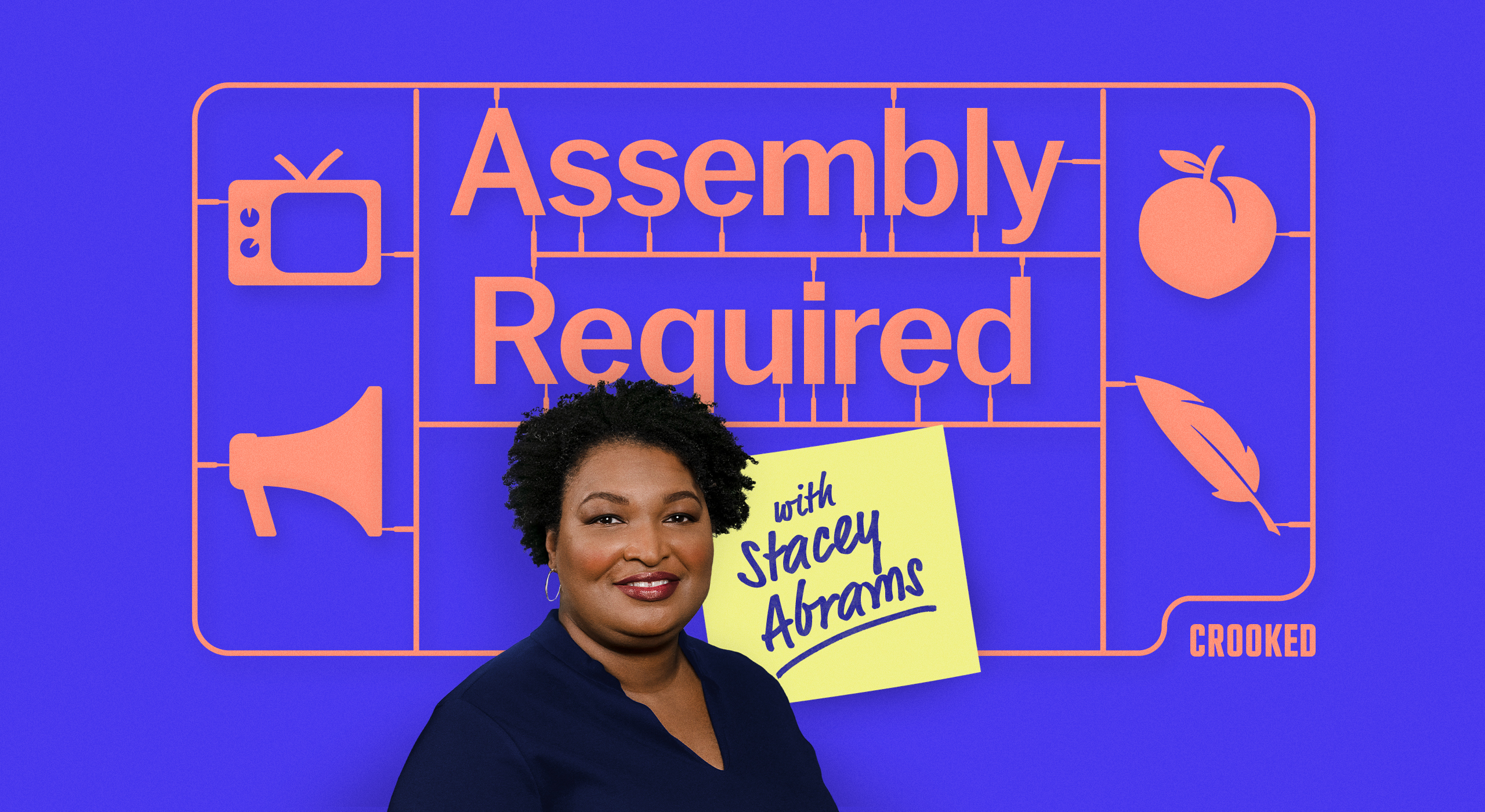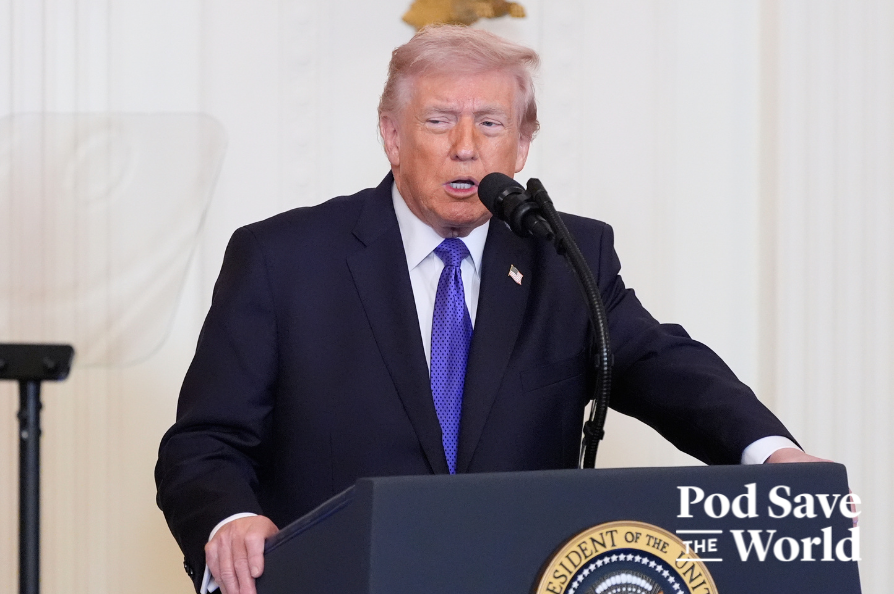
Long before Special Counsel Robert Mueller finished his investigation, the public record was littered with detail—from indictments and investigative reports and the president’s comments and his son’s inbox—showing that the Trump campaign had worked knowingly and in tandem with the Russian government to win the 2016 election.
The scandal that has come to be called “collusion” had been substantiated, in other words, and all we awaited from Mueller was a final assessment of how deep it ran, and whether any of it constituted criminal activity.
Three days after Mueller submitted his confidential report to Attorney General William Barr, we’re in almost exactly the same holding pattern, notwithstanding today’s irresponsible headlines and chyrons, which echo President Trump’s own typically bad-faith claims of vindication.
It is true that we have learned one important thing: However extensive the collaboration between the Trump campaign and Moscow, Mueller has not seen fit to charge anyone in Trump’s orbit with crimes directly related to their known contacts with Russian emissaries, intelligence agents, and WikiLeaks.
But beyond that we know little more today than we knew last week. We don’t know what Mueller uncovered as he investigated the campaign, whether he considered charging campaign associates, and, if so why he ultimately decided against it.
Notwithstanding Barr’s heroic, lawyerly effort to create a sense that Mueller has exonerated Trump, the letter he delivered to Congress on Sunday is nearly silent on all of these questions, and actually suggests that the report’s contents are deeply damaging to the president.
On close reading, Barr’s putative summary of the Mueller report clears Trump of only the most narrowly drawn accusations, which nobody was making. It purports that Mueller “did not find that the Trump campaign or anyone associated with it conspired or coordinated with Russia in its efforts to influence the 2016 U.S. presidential election,” which sounds a lot like “NO COLLUSION” but is not. Barr goes on to define Russia’s “efforts to influence” as the disinformation operation and the hack and leak operation that Mueller already charged, and only asserts that the Trump campaign did not knowingly participate in or help devise these precise conspiracies. He says nothing specific about what Mueller uncovered concerning Trump associates’ awareness of Russia’s activities (we know his son, son-in-law, and campaign chairman were alerted to “Russia and its government’s support for Mr. Trump,” for instance) or how express the understanding between the two parties was. Were Trump Tower Moscow and sanctions relief understood to be bundled elements of a partnership, or was it all just a sheer coincidence? Mueller might have answers to this and other questions, but Barr did not provide them.
Barr also didn’t say whether Mueller ever pondered charging U.S. persons for engaging in a conspiracy of their own, even as he “did not establish” that the Trump campaign didn’t participate directly in the hacking and disinformation conspiracies. We know from public record that Mueller pondered charges against, and nearly secured cooperation from, one Trump associate, Jerome Corsi, only to decide against seeking an indictment. How many other associates came so close?
The entire letter is drafted to suggest practically the opposite of what it actually says. I parsed it further here, and Slate’s Will Saletan, after offering related observations, concluded the letter “shows that collusion and obstruction were defined to exclude what [Trump] did.”
In defining terms conveniently, Barr breezes over his own assertion that Trump associates received “multiple offers from Russian-affiliated individuals to assist the campaign.” We know about a few of these offer, but Barr notably does not say that every dangle has been publicly reported.
In asserting improperly that President Trump himself should not be charged with obstruction, Barr notes that “most” of the potentially obstructive “actions by the President…have been the subject of public reporting.” Which is to say, Mueller unearthed evidence of obstruction that remains undisclosed, and that may or may not have hindered his ability to prove a U.S.-based conspiracy beyond a reasonable doubt.
These omissions help explain why, despite his gloating today, Trump behaved until the very end like a guilty man and endeavored ceaselessly to terminate and compromise the investigation. Trump knows the full story of 2016, but he didn’t know—and still may not know—how much of it Mueller had uncovered, or whether his campaign’s conduct entailed committing chargeable felonies. He has some room to breathe now knowing, for instance, that his son won’t be indicted for conspiring with Russians, but he can’t assume that the report itself isn’t filled with damaging revelations, because it almost certainly is. At the very least, it will serve as a reminder that the goalposts don’t belong in this absurd place where anything short of chargeable evidence of criminal conspiracy puts Trump in the clear.
This is why I anticipate that Trump will go to great, telling lengths to conceal it—in ways that sit uncomfortably alongside today’s credulous headlines, and Republican insistence that he has been vindicated. But that’s exactly why we need to see it in full, and quickly.


